Giuseppe Scalabrino, University of Milan, Italy
Cobalamin (Cbl), epidermal growth factor (EGF), and normal prions (PrPCs) are key molecules for myelin maintenance in the central (CNS) and peripheral nervous system (PNS). We have previously shown that Cbl deficiency causes an imbalance in some cytokines (e.g. tumour necrosis fa [....] » Read More


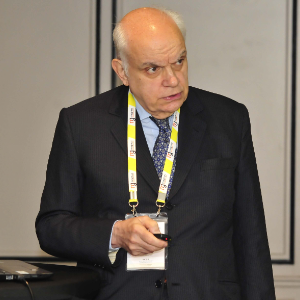
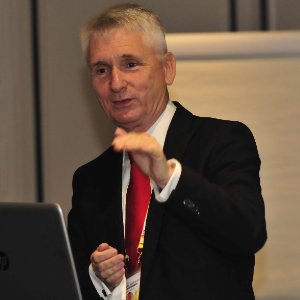
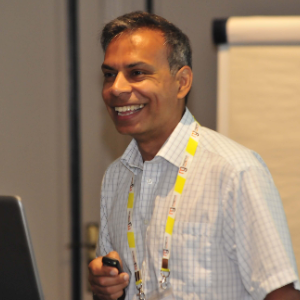
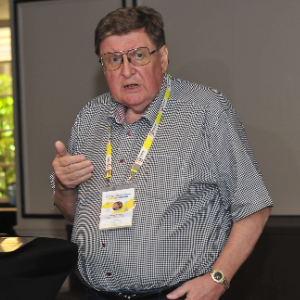
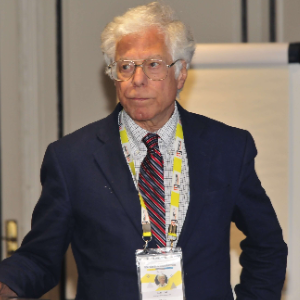
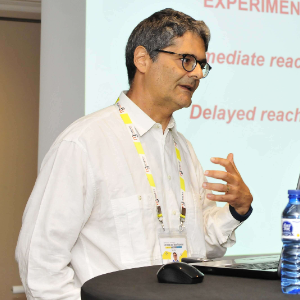
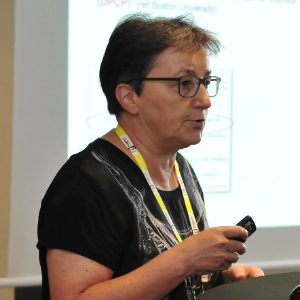
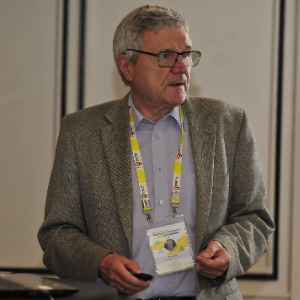
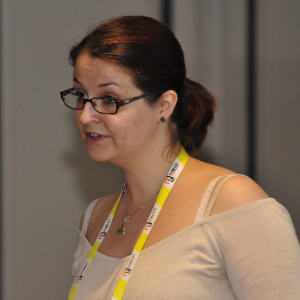
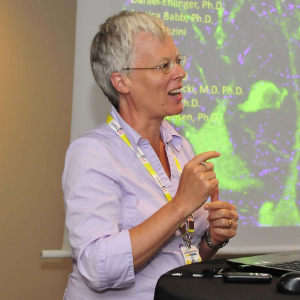
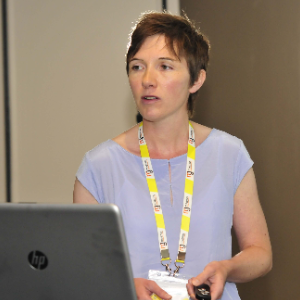
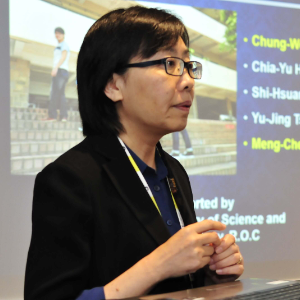
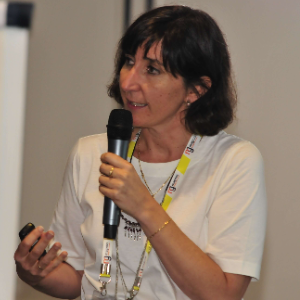
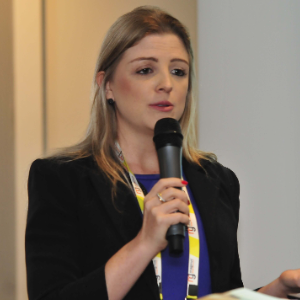

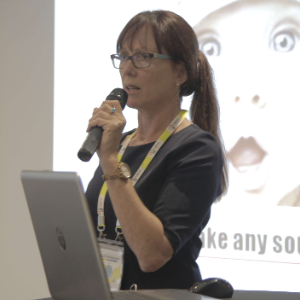
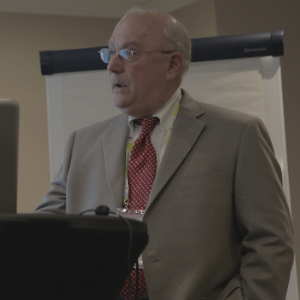
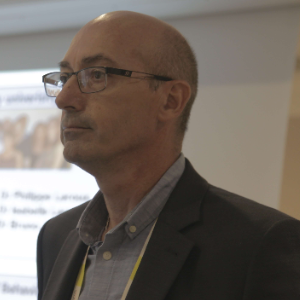
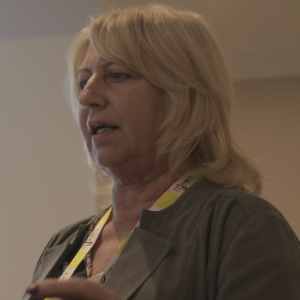
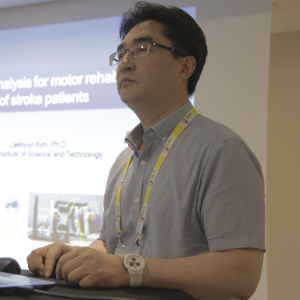
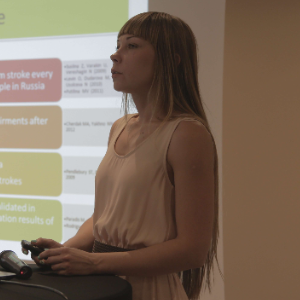
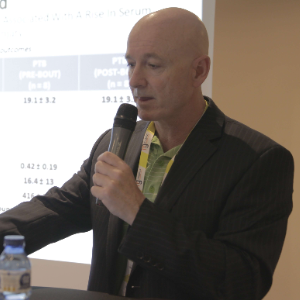
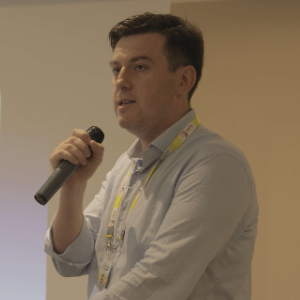
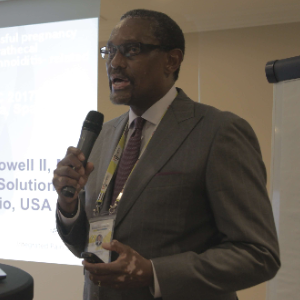
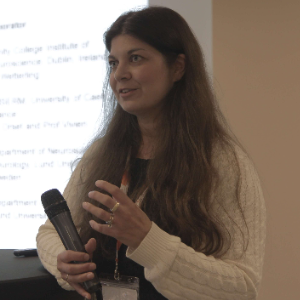
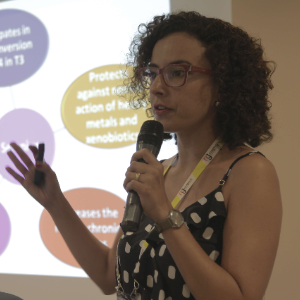
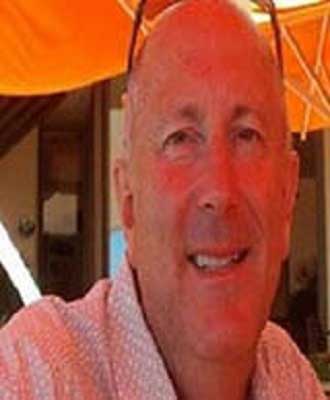
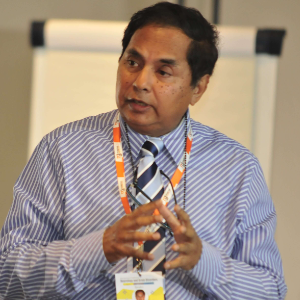
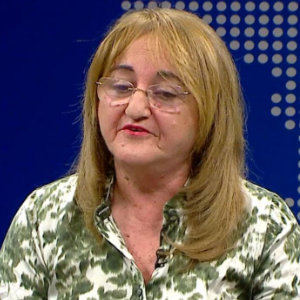
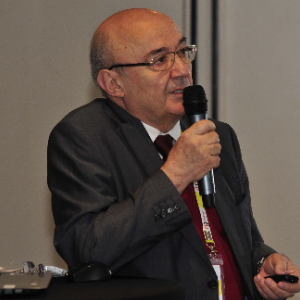
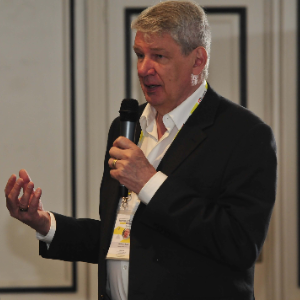
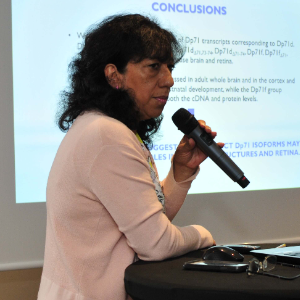
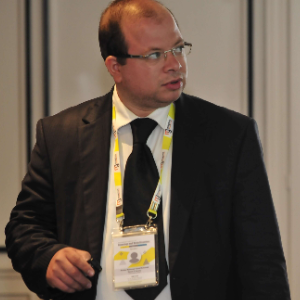
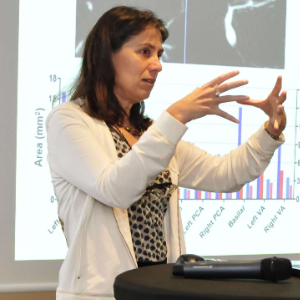
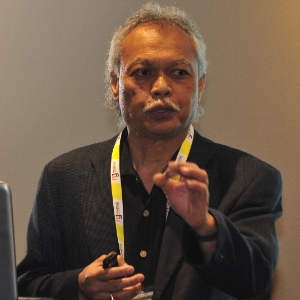
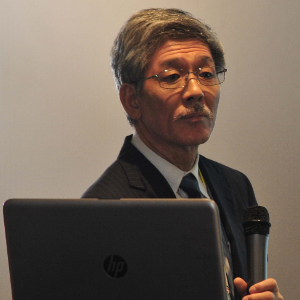
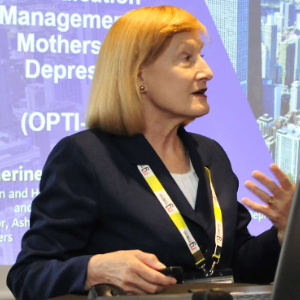
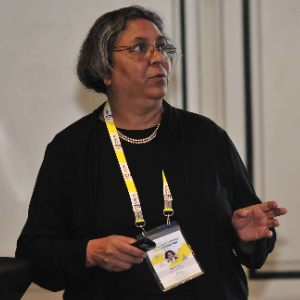
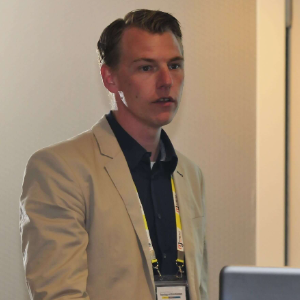
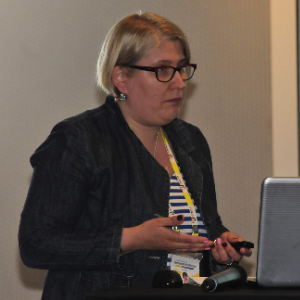
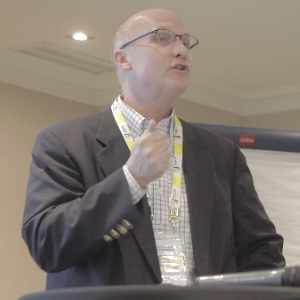
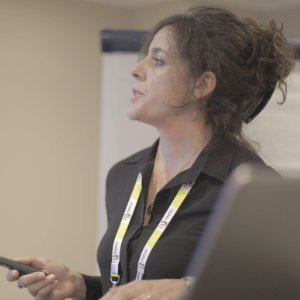
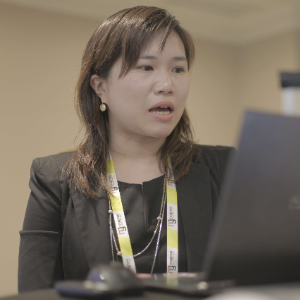
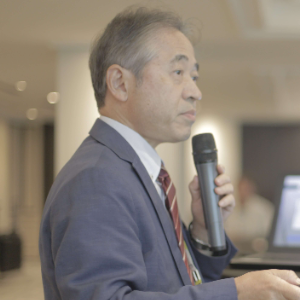
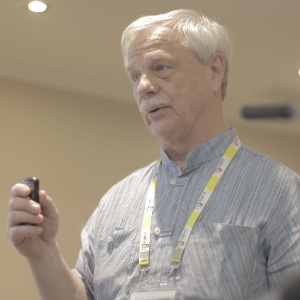
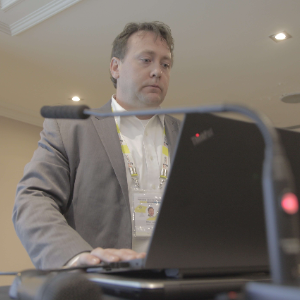
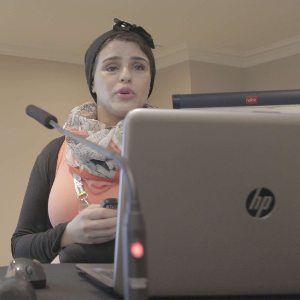
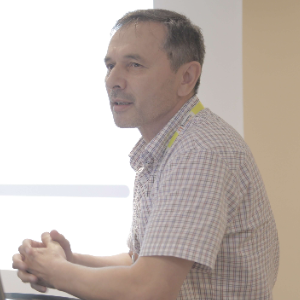
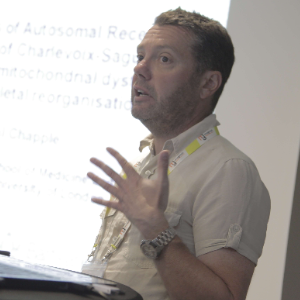


Title : Pre-coupling of Receptor Oligomers and Signaling Molecules. Challenging Classical Pharmacology
Sergi Ferre, National Institute on Drug Abuse (NID, NIH), United States
It has been the general assumption for several decades that the three elements of the most studied transmembrane cell signaling pathway, G protein-coupled receptors (GPCRs), G proteins and adenylyl cyclase (AC), are freely mobile molecules within the plasma membrane that interact [....] » Read More
Title : Dorsal raphe dual serotonin-only and serotonin-glutamate neurons synapsing on VTA dopamine neurons drive dopamine release and reward
Marisela Morales, National Institute on Drug Abuse (NID, NIH), United States
Ventral tegmental area (VTA) dopamine neurons are theorized to play distinct roles in positive and negative reinforcement, decision-making, working memory, incentive salience, and aversion. This behavioral heterogeneity is reflected in part in the diverse phenotypic characteristi [....] » Read More
Title : Spring break: A true story of hope and determination
Steven Benvenist, United States Civil Attorney and Partner at Davis, United States
Attorney Steven Benvenisti will share the captivating story of a famous case involving a college student who sustained severe traumatic brain injuries and catastrophic orthopedic injuries, resulting in his family being asked to consent his organ donation. “Spring Break&rdqu [....] » Read More
Title : Calpain-2: A new target for the prevention of neurodegeneration
Michel Baudry, Western University of Health Sciences, United States
Numerous reviews have discussed the role of calpain in neurodegeneration in general, and in stroke and Traumatic Brain Injury (TBI). Consequently, numerous studies have attempted to use calpain inhibitors to reduce neurodegeneration in both stroke and TBI. While some studies have [....] » Read More
Title : Mechanisms of cerebral hyperexcitability induction by antiviral acute phase response
Miranda N. Reed, Auburn University, United States
A body of clinical evidence has demonstrated that viral infections in the periphery exacerbate neurodegenerative conditions, e.g., multiple sclerosis, Parkinson disease, Alzheimer Disease (AD), and seizures. For example, peripheral infections increase the propensity and severity [....] » Read More
Title : Discovery of novel inhibitors of P300/CBP-associated factor (PCAF)
Stephen Wren, University of Oxford, United Kingdom
The Alzheimer’s Research UK Oxford Drug Discovery Institute combines the deep disease knowledge and biology expertise of Oxford University with high quality, innovative drug discovery technologies and expertise to identify new ways of treating neurodegeneration. Our capabil [....] » Read More
Title : Multiple Sclerosis, corpus callosum and bedside test
Khin Maung BO, Northern Lincolnshire and Goole NHS Foundation Trust, United Kingdom
Abstract: Demyelination affects highly myelinated structures like Corpus Callosum (CC). CC is unique in function that it connects right and left hemisphere. It synchronises bimanual or bipedal activities. Affecting CC can disturb synchrony between the two hemispheres will affect [....] » Read More
Title : Mutant Profilin1 transgenic mice recapitulate cardinal features of motor neuron disease
Mahmoud Kiaei, University of Arkansas for Medical Sciences, United States
Mutations in profilin1 (PFN1) have been shown to cause Amyotrophic Lateral Sclerosis (ALS) in human patients, however the molecular mechanisms responsible for this effect are unknown. To study profilin1 neurotoxicity and the mechanism of neurodegeneration, transgenic mice overexp [....] » Read More
Title : Upgraded prodromal diagnosis of parkinson’s disease based on a search for biomarkers and a provocation test
Michael Ugrumov, Institute of Developmental Biology RAS, Russian Federation
Motor symptoms first appear in Parkinson’s disease (PD) years after beginning of degradation of the nigrostriatal dopaminergic system at loss of threshold amount of dopamine (DA) in the striatum (70%), which explains low efficiency of treatment. Therefore, the development o [....] » Read More
Title : Neuropathology of neuronal intermediate filament inclusion disease (NIFID): Immunophenotypic and topographical analysis of the neuronal inclusions
Kimiko Inoue, Toneyama National Hospital, Japan
Neuronal intermediate filament inclusion disease (NIFID) is a rare neurodegenerative disorder which is a type of frontotemporal lobar degeneration (FTLD) with various clinical features including frontotemporal dementia and pyramidal and extrapyramidal signs occurring at a young a [....] » Read More
Title : Tamoxifen : Not only a breast cancer drug but also a putative neurodegenerative disorder treatment ?
Caroline Corbel, Institut de Recherche Dupuy de Lôme (IRDL), France
Cyclin-dependent kinase 5 (CDK5) is a multifunctional enzyme that plays numerous roles, notably in brain development. CDK5 is activated through its association with the specific activators, p35 and p39. Proteolytic procession of the N-terminal part of its activators has been link [....] » Read More
Title : The application of human mesenchymal stem cell for alzheimer’s disease
Jong Wook Chang, Samsung Medical Center, Korea, Republic of
Various groups have presented findings that human mesenchymal stem cells (MSCs) have both immunomodulatory and trophic properties. MSCs tend to act indirectly at sites of injury or damage through the secretion of paracrine factors in vitro & in vivo. For example, our studies [....] » Read More
Title : Isometric exercise training for managing vascular risk factors in mild cognitive impairment and alzheimer’s disease
Nicole Hess, University of New England, Australia
Pathological changes to the cerebral microvasculature precede and/or accompany vascular disorders such as hypertension, neurovascular disorders such as AD, and cognitive decline.Individuals with a history of vascular risk factors (VRF’s) and vascular disease are considered [....] » Read More
Title : Perturbed stress granule dynamics in RNA-mediated neurodegenerative diseases
Udai Pandey, University of Pittsburgh Medical Center, United States
Amyotrophic lateral Sclerosis (ALS) is a debilitating disease involving the progressive loss of motor functions resulting in neuronal death. Recently, several genes have found the mutated in ALS and majority of these ALS-causative gene are involved in regulating RNA metabolism. F [....] » Read More
Title : Telomerase in brain and the beneficial effects of telomerase activators on brain ageing and neurodegeneration
Gabriele Saretzki, Newcastle University, United Kingdom
I will give an overview about the enzyme telomerase and the non-canonical functions of the protein part TERT (Telomerase reverse transcriptase) with an emphasis of its beneficial effect within mitochondria which has been mainly analysed in cultured cell models in vitro. I will th [....] » Read More
Title : SOD1- linked familial ALS with marked intrafamilial phenotypic variation. How do clinical features relate to pathology?
Shinji Ohara, Matsumoto Medical Center, Japan
Objective: Familial ALS with a mutation in the superoxide dismutase (SOD1) gene often shows marked intrafamilial phenotypic variation, although its pathologic background remains to be investigated. Methods: Immunohistochemical studies were performed on postmortem brain and spi [....] » Read More
Title : Parkin and p53 functional interplay in parkinson’s disease and brain tumors physiopathology
Cristine Alves da Costa, Institut de Pharmacologie Moléculaire et Cellulaire, France
PD is a complex age-associated neurodegenerative disorder characterized by a progressive loss of midbrain dopamine neurons in the substantia nigra. Although, mainly of sporadic origin, the identification and characterization of PDassociated gene products, strongly contributed to [....] » Read More
Title : Ethanol modulates gene expression in the brain by activating the heat shock pathway
Leonardo Pignataro, Columbia University-City University of New York-CSI, United States
Chronic alcohol drinking causes profound physiological adaptations, which lead to physical dependence and tolerance. Some of these adaptations result from a complex chain of events that occur in the brain, long before a state of alcohol dependence is reached. Studies performed in [....] » Read More
Title : Misregulation of an activity-dependent splicing network as a common mechanism underlying autism spectrum disorders
Sabine Cordes, Lunenfeld-Tanenbaum Research Institute/Mt Sinai Hospital, Canada
A key challenge in understanding and ultimately treating autism is to identify common molecular mechanisms underlying this genetically heterogeneous disorder. Transcriptomic profiling of autistic brains has revealed correlated misregulation of the neuronal splicing regulator nSR1 [....] » Read More
Title : Targeting copper for the treatment of neurodegeneration
Jeffrey Liddell, University of Melbourne, Australia
Copper is essential for normal brain function, but must be strictly regulated as either too much or too little copper leads to dysfunction. This is evident in many neurodegenerative diseases, most obviously in Wilson’s disease and Menkes disease driven by copper overload an [....] » Read More
Title : Continuous real-time monitoring of brain extracellular fluid using microamperometric sensors and their application in a humanized mouse model of Parkinson’s disease
Niall Finnerty, Maynooth University, Ireland
In vivo amperometry is an electroanalytical technique whereby a sensitive and selective microelectrochemical sensor is implanted into a particular brain region for continuous real-time recordings of a particular neurochemical. A suitable potential is applied to the sensor surface [....] » Read More
Title : Alzheimer’s disease and diabetes in context: Common surface receptors, adaptors and degenerative signals
Debashis Mukhopadhyay, Saha Institute of Nuclear Physics, India
Alzheimer’s Disease (AD) and Type 2 Diabetes (T2D), two serious health problems with vastly different symptoms, share a complex and linked mechanism. The majority of the data suggests that diabetics, specifically T2D subjects, are at much higher risk of developing AD than n [....] » Read More
Title : The kynurenine pathway in brain cells and its involvement in neuroinflammatory diseases
Gilles Guillemin, Macquarie University, Australia
The kynurenine pathway (KP) of tryptophan metabolism is one of the major regulatory mechanisms of the immune response. Activation of the KP is implicated in the pathogenesis of a wide range of neuro inflammatory diseases. Several pro-inflammatory mediators can activate indoleamin [....] » Read More
Title : Low dose chronic prenatal alcohol exposure abolishes the pro-cognitive effects of angiotensin IV
Abigail Taky, University of Brighton, United Kingdom
Foetal alcohol syndrome (FAS) is a condition that currently affects approximately 1% of babies born in Europe and North America. It is characterised by memory impairment, developmental delay and distinctive facial features. This research uses a Mouse Prenatal Alcohol Exposure (PA [....] » Read More